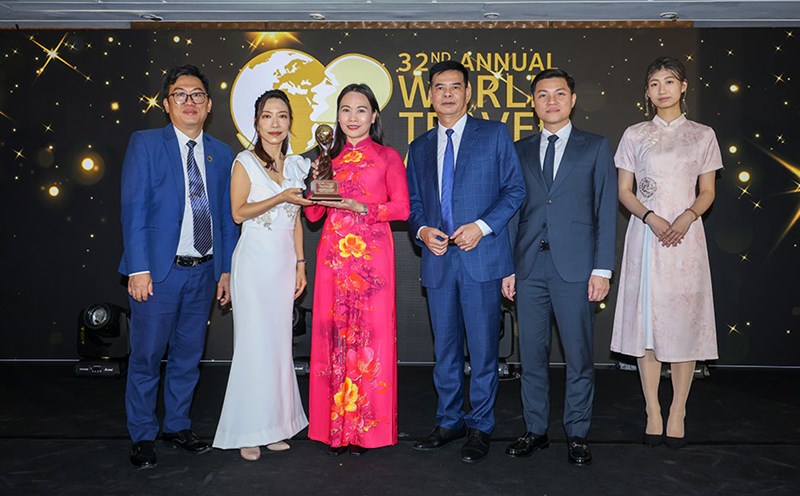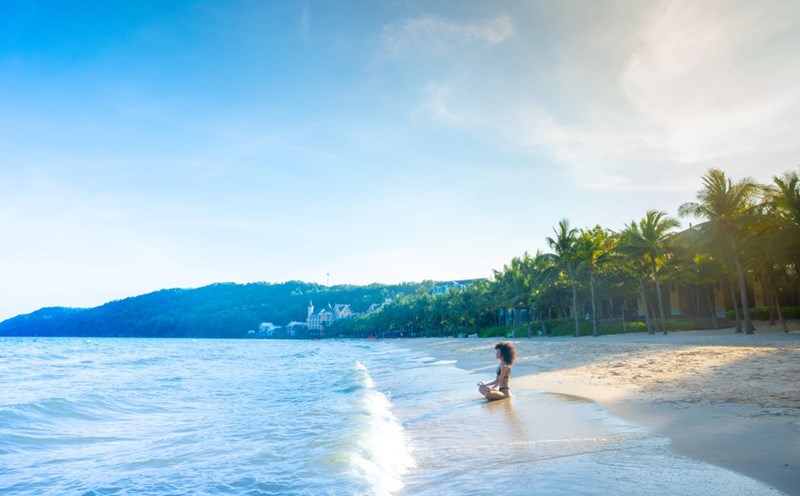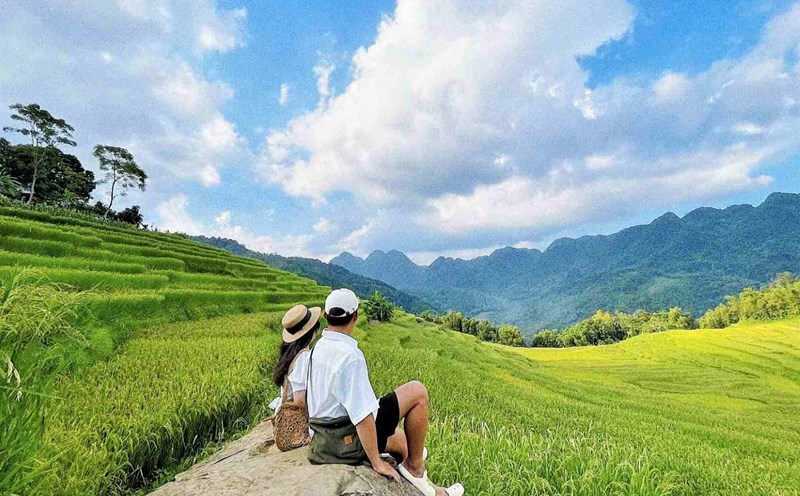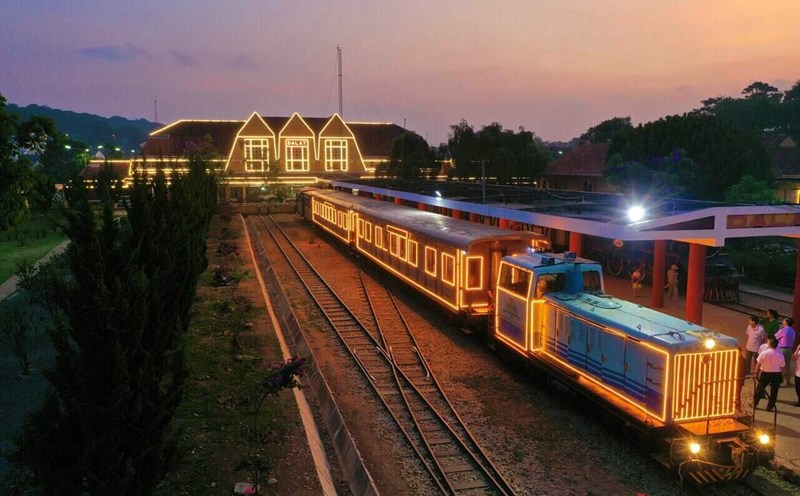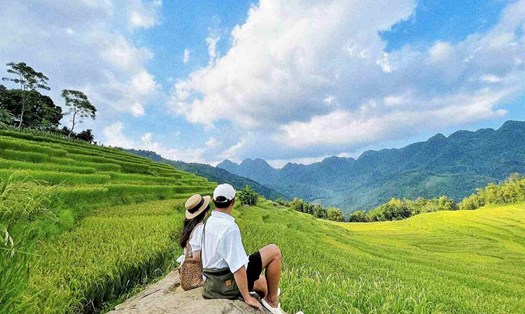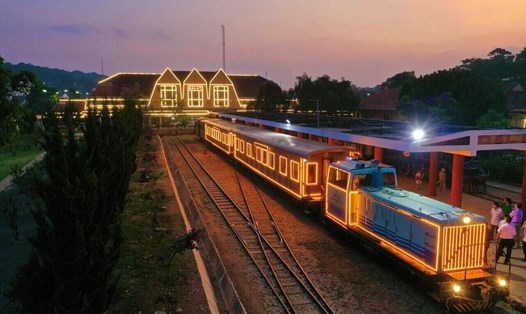This is the assessment of Associate Professor. Dr. Nguyen Thi Thu Phuong - Director of the Vietnam Institute of Culture, Arts, Sports and Tourism gave a speech at the Scientific Conference "Developing mountain resort tourism in Vietnam" on the morning of October 16 in Hanoi.
According to Associate Professor. Dr. Nguyen Thi Thu Phuong, mountain resort tourism is opening up many opportunities, but to become a driving force for regional and national development, the tourism industry needs to clearly recognize new requirements.
Developing mountain resorts cannot be separated from preserving natural resources, indigenous culture and ensuring safety. This requires an integrated planning thinking, an interdisciplinary approach, and the proactive participation of the local community.
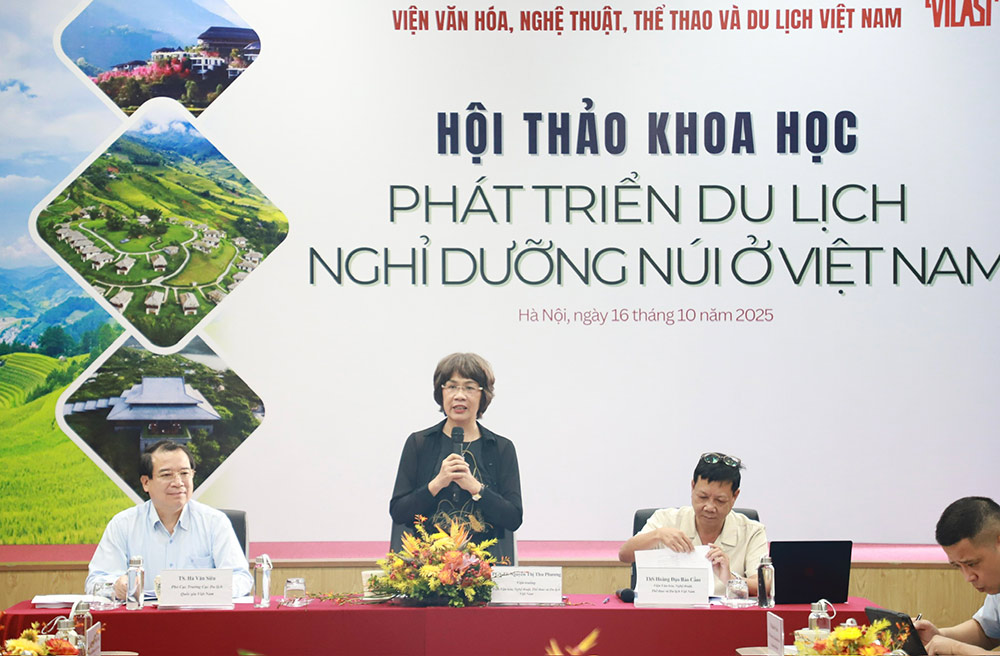
We need to shift our focus from resurce exploitation to value creation, from destination development to building a sustainable resort tourism ecosystem. In which, science - technology, culture - arts, and innovation will be the pillars to improve product quality and competitiveness", suggested the Director of the Vietnam Institute of Culture, Arts, Sports and Tourism.
We need to move towards a model of mountainous recreation combined with indigenous cultural experiences, where natural factors and human factors blend together in a sustainable living space, she affirmed.
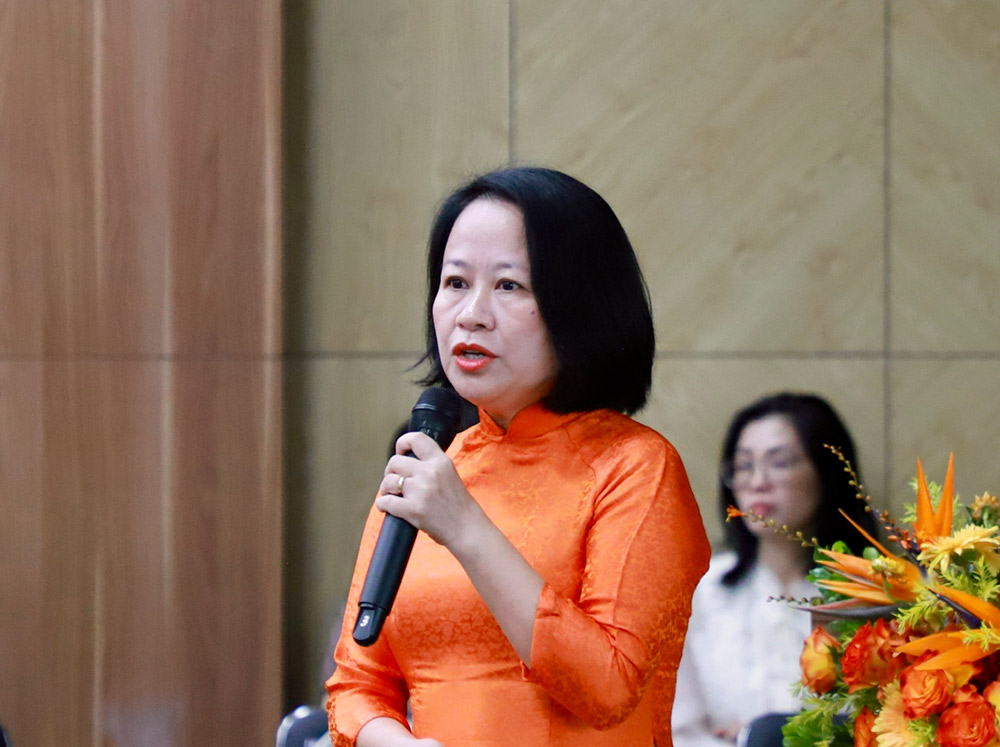
Speaking at the workshop, MSc. Nguyen Thi Lan Huong, Vietnam Institute of Culture, Arts, Sports and Tourism, commented that in the context of Vietnam's tourism efforts to recover and develop strongly after the pandemic, the demand for nature-based resort tourism, health care and cultural experiences is increasing.
In recent years, the tourism industry has also made many efforts towards sustainable development of this special type of tourism.
In the Vietnam Tourism Development Strategy to 2030, products based on exploiting natural and cultural values - especially mountainous tourism combined with outdoor sports - are identified as a priority direction, promising to become a highlight to attract domestic and international tourists.

Currently, mountain tourism is focusing on strong development in the midland and mountainous areas of the North with many unique products: adventure tours to conquer high mountain peaks such as Fansipan, Ky Quan San, Tay Con Linh; trekking, exploring caves and primeval forests in Hoang Lien National Park, Ba Be National Park; community cultural experience, cloud hunting photography.
The Central Highlands also has typical products of Phong Nha - Ke Bang Cave (Quang Tri) or introducing the experience of Ba Na Hills (Da Nang), Bach Ma Mountain (Hue City), Langbiang Mountain (Lam Dong) ... and the imprint of mountain tourism products in the Southern region at Ba Den Mountain (Tay Ninh), Ba Pa Mountain, Chua Chan (Dong Nai)...
However, the tourism industry faces significant barriers such as the natural environment in sensitive areas, which is prone to waste due to over- exploitation; limitations in transport infrastructure, service facilities and utilities at many high mountain destinations.
In addition, the risk of commercialization, fading the community's cultural identity; lack of an inter-sectoral policy framework and management mechanism; weak human resources for mountainous tourism, and the participation of the community not being fully promoted... are also significant challenges in the development process.
At the workshop, many experts, managers and businesses presented presentations on the current situation and issues raised in developing mountain resort tourism; mountain resort tourism development strategies in the context of changing administrative boundaries and infrastructure planning; and solutions to develop mountain resort tourism in Vietnam.
The opening discussion session of the program continued to receive many contributions from delegates, aiming to build a sustainable development orientation for this type of tourism.
The workshop is expected to contribute to making scientific arguments, practical recommendations, and at the same time creating a forum to connect stakeholders. Thereby, the tourism industry will build a strategy for developing green, safe, different and sustainable Vietnam mountain resort tourism in the coming period.

